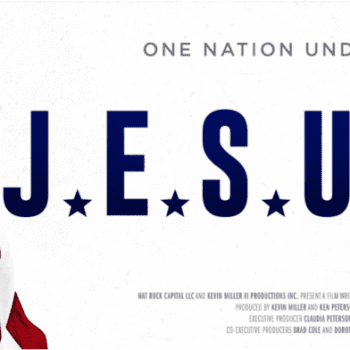 Suzanne Ross founded the Raven Foundation in 2007 with her husband Keith to spread awareness of the transformative power of mimetic theory. She is the author of two books: The Wicked Truth: When Good People Do Bad Things uses mimetic theory to analyze the hit musical Wicked, and The Wicked Truth About Love: The Tangles of Desire which identifies common obstacles to love and healthy relationships. Suzanne is a certified Montessori pre-school teacher, a former director of Christian Education at her UCC church, and a proud mother of two, mother-in-law of two more and delighted grandma of baby Grace. You can follow Suzanne on Twitter @SuzanneRossRF.
Suzanne Ross founded the Raven Foundation in 2007 with her husband Keith to spread awareness of the transformative power of mimetic theory. She is the author of two books: The Wicked Truth: When Good People Do Bad Things uses mimetic theory to analyze the hit musical Wicked, and The Wicked Truth About Love: The Tangles of Desire which identifies common obstacles to love and healthy relationships. Suzanne is a certified Montessori pre-school teacher, a former director of Christian Education at her UCC church, and a proud mother of two, mother-in-law of two more and delighted grandma of baby Grace. You can follow Suzanne on Twitter @SuzanneRossRF.
 Adam Ericksen has been the Director of Education at the Raven Foundation since its founding in 2007. He received his Masters in Theological Studies from Garrett Evangelical Seminary. His interests include interfaith dialogue and using mimetic theory to read the Quran. He is the husband of Carrie, father of three, is 5’10, has brown eyes and does enjoy long walks on the beach. You can follow him on Twitter @adamericksen, like his Facebook page, or do whatever people do on Linkedin and Google +.
Adam Ericksen has been the Director of Education at the Raven Foundation since its founding in 2007. He received his Masters in Theological Studies from Garrett Evangelical Seminary. His interests include interfaith dialogue and using mimetic theory to read the Quran. He is the husband of Carrie, father of three, is 5’10, has brown eyes and does enjoy long walks on the beach. You can follow him on Twitter @adamericksen, like his Facebook page, or do whatever people do on Linkedin and Google +.
 The Raven Foundation, a not for profit 501(c)3, was founded by Suzanne and Keith Ross in 2007. Raven is committed to making religion reasonable, violence unthinkable and peace a possibility by spreading awareness of the transformative power of mimetic theory. Our goal is to foster peaceful individuals and harmonious communities that will reject scapegoating and violence as ways to form identity and achieve real and lasting peace.
The Raven Foundation, a not for profit 501(c)3, was founded by Suzanne and Keith Ross in 2007. Raven is committed to making religion reasonable, violence unthinkable and peace a possibility by spreading awareness of the transformative power of mimetic theory. Our goal is to foster peaceful individuals and harmonious communities that will reject scapegoating and violence as ways to form identity and achieve real and lasting peace.
Our primary outreach is through blogs that provide social commentary on current events, politics, religion, scandals, and popular entertainment. We also hold live events for the public to learn directly from scholars applying mimetic theory to literature, religion, history, psychology or peacemaking.
Our Name
The Raven is a harmless creature that has been scapegoated and falsely accused of evil. In legend and story, it often represents a dark and sinister presence or a harbinger of death, yet in truth it is a highly intelligent bird that bonds easily with humans. The Raven represents the possibility that those we think are evil, who seem most deserving of our hate and our punishing violence, may in fact be as innocent and harmless as the Raven. The Raven serves as a reminder that when we are most certain of another’s guilt, we are most likely guilty of scapegoating.



